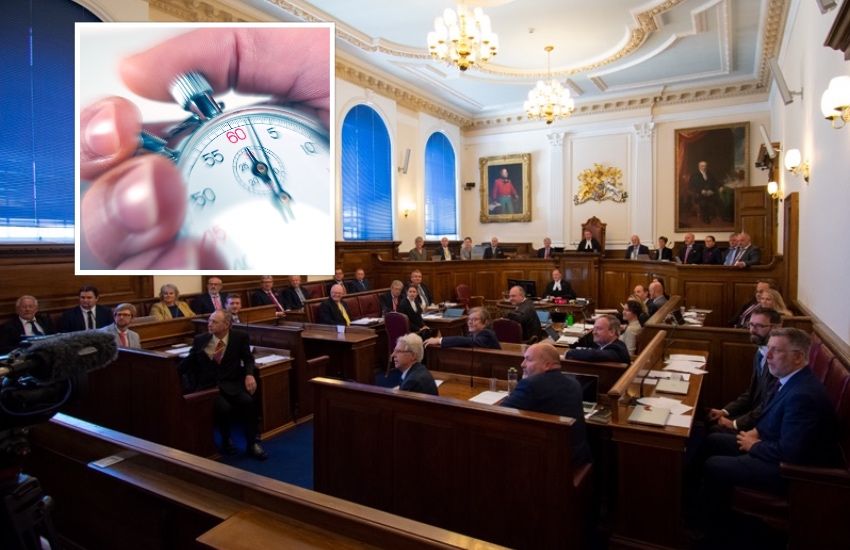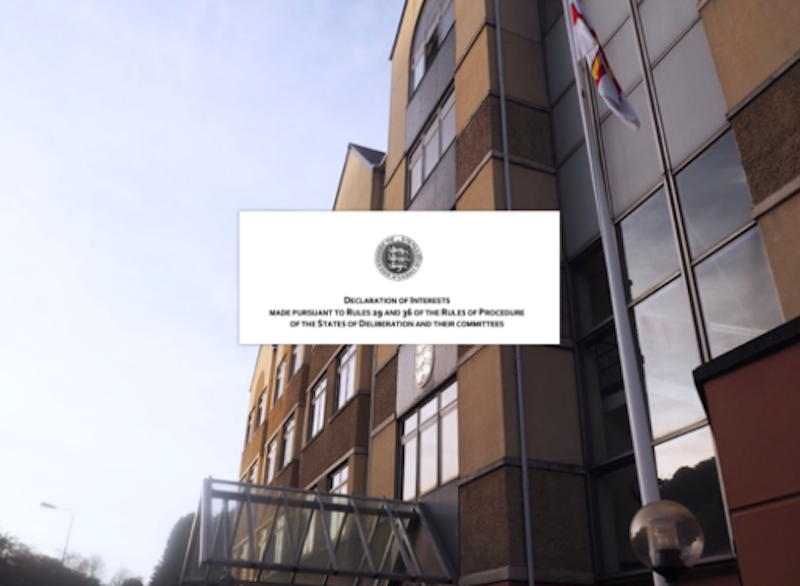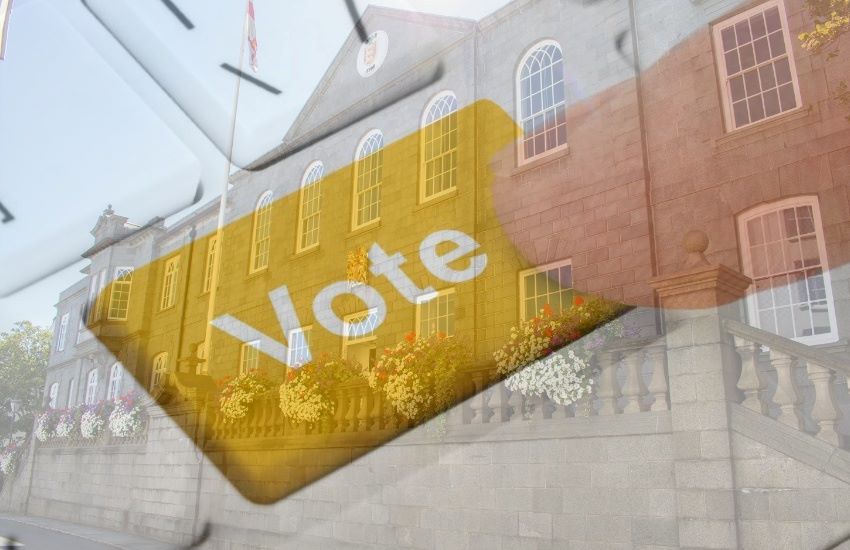


How financial, business and personal interests are declared by our politicians, and the time allowed to provide update statements could change if modifications to the rules are agreed by the States Assembly.
The proposals come after the States’ Assembly & Constitution Committee (SACC) agreed to review some of the rules which bound politicians, public servants, political committees, and parliamentary processes.
Deputies were consulted on changes and asked to submit suggestions early last year.
Now SACC is proposing that deputies should declare whether they have a direct, special, financial, or business interest in the subject matter either when asking or responding to a question in the States chamber after an update statement. This includes spouse, partners, and children.
Currently deputies must declare an interest during a States debate. For example, a deputy who owns rental property should make other members aware in a debate about capping rental rates.
Additionally, SACC says a small majority of deputies favoured extending the maximum amount of time for a committee general update statement from 10 minutes to 15 minutes, and that preference has been formally proposed.
Time limits for questions, currently set at 20 minutes, have not been recommended for modification based on consultees’ views. The Presiding Officer in the States, usually the Bailiff, often extends the question time limit during meetings.

Pictured: The States' Assembly & Constitution Committee unanimously supported the changes.
Currently, each States meeting is supposed to begin with an update statement delivered by the president or member of a particular committee.
It allows the committee to inform other deputies and the public of the work currently underway, what is being planned, what cannot be undertaken, and challenges that are being faced.
This can last no longer than 10 minutes, and a full transcript is then promptly published on the government website.
That's always followed by a section where any deputy can ask a question of the president, or those delivering the statement, relating to anything which falls within the committees’ mandate, and not necessarily arising out of the content of the speech.
Any deputy can also ask supplementary questions after a response from those answering, but these must relate to the previous answer to be valid.
Deputies can also submit written questions for formal response orally in the chamber (Rule 11), urgent questions (Rule 12), and written questions for written response within half a month (Rule 14).

Pictured: Deputies are required to declare their interests online on gov.gg.
Under SACC’s proposals, States members could also be permitted to ask a Rule 11 or 12 question (written question for oral response, and urgent question) even if a relevant States committee is providing an update statement, but not if the subject matter will be discussed over the course of a debate during that meeting.
The Committee concluded that “members should not be prevented from asking Rule 11 or 12 questions on matters because a general update statement was scheduled to be delivered at the same Meeting, given the limited nature of questions after a statement”.
Any individual or committee which will make a statement in the chamber will also be asked to submit a copy of the text to the Presiding Officer prior to the meeting beginning under the proposed rules.
Another proposed rule change would require those responding to questions to provide an answer no later than five days after the meeting in writing to the questioner should the respondent be unable to provide a full or accurate answer orally.
Special statements relating to States business will not need to be circulated to States members prior to delivery, despite a suggestion by the Bailiff in January 2022 to help deputies ask questions of relevance relating to the text.

Pictured: The States must agree to the changes.
Two committees wanted the frequency of general update statements delivered by Policy & Resources and the other principal committees (HSC, ESC, HA, E&I, ESS, ED) reduced from two times per year to once, but SACC strongly disagreed, as did most consultees.
“The Committee is of the view that those committees providing such statements biannually is useful in providing members and the public with timely updates on the breadth of work being undertaken by those committees, and to enable scrutiny of the work of committees,” it said.
SACC also rejected a suggestion from Policy & Resources that the time and resources required of States departments should be recorded and published alongside responses to encourage more informal and efficient ways of obtaining information.
It said this would only create more work for officers, wouldn’t alter the type or frequency of questions, and would prevent information from being publicly recorded.
Comments
Comments on this story express the views of the commentator only, not Bailiwick Publishing. We are unable to guarantee the accuracy of any of those comments.